Nationwide protests against India's citizenship law, that excludes Muslim immigrants, swept the country over the weekend despite the government's ban on public assembly and suspension of internet services in many parts as the death toll reached 26, the authorities told media outlets on Sunday.
The backlash against the law marks the strongest show of dissent against the Hindu nationalist government of Prime Minister Narendra Modi since he was first elected in 2014.
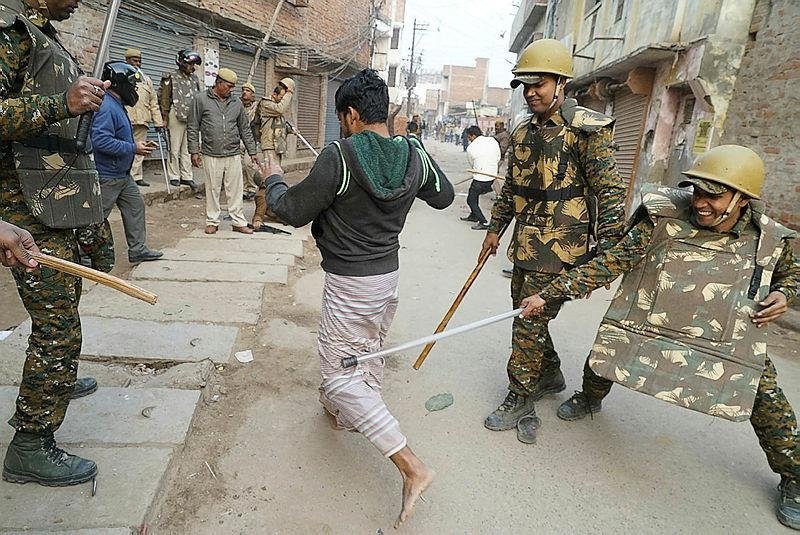
The law allows Hindus, Christians and other religious minorities who are in India illegally to become citizens if they can show they were persecuted because of their religion in Muslim-majority Bangladesh, Pakistan and Afghanistan. It does not apply to Muslims.
Critics have slammed the legislation as a violation of India's secular constitution and have called it the latest effort by the Modi government to marginalize the country's 200 million Muslims. Modi has defended the law as a humanitarian gesture.
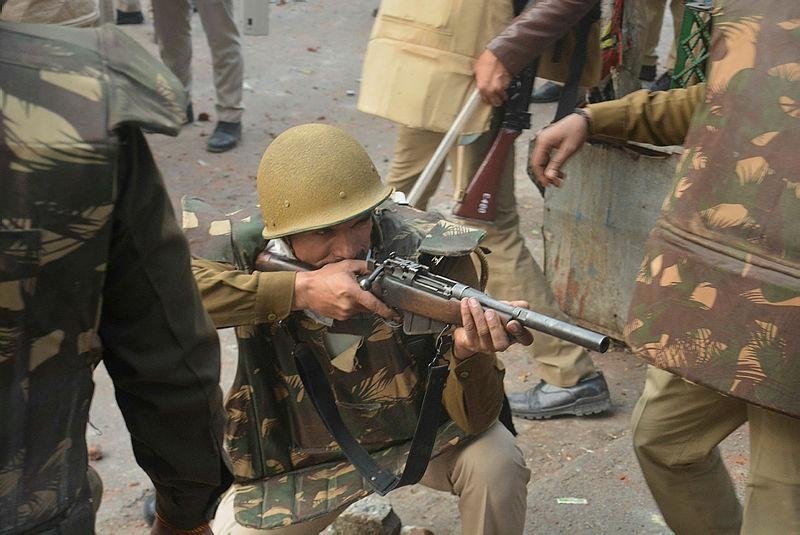
Uttar Pradesh state is controlled by Modi's ruling Bharatiya Janata Party.
Police have imposed a British colonial-era law banning the assembly of more than four people statewide. The law was also imposed elsewhere in India to thwart an expanding protest movement demanding the revocation of the citizenship law.
"Our peaceful protests will continue till this illegal and unconstitutional citizenship law amendment is scrapped," said Samujjal Bhattacharya, the leader of the All Assam Students Union, which organized the rally.
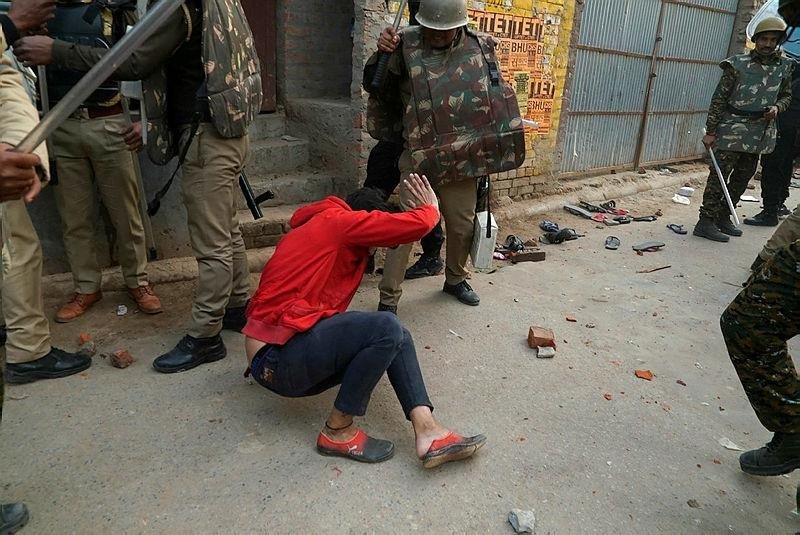
He rejected an offer for dialogue by Assam Chief Minister Sarbananda Sonowal, saying talks could take place when the "government was hoping to strike some compromise."
Two U.S. Democratic presidential candidates, Sen. Elizabeth Warren and Sen. Bernie Sanders, denounced the new law on Twitter, and Malaysian Prime Minister Mahathir Mohamad criticized it at a news conference following the conclusion of an Islamic summit in Kuala Lumpur.
Mahathir said that India is a secular state and people's religion should not prevent them from obtaining citizenship.
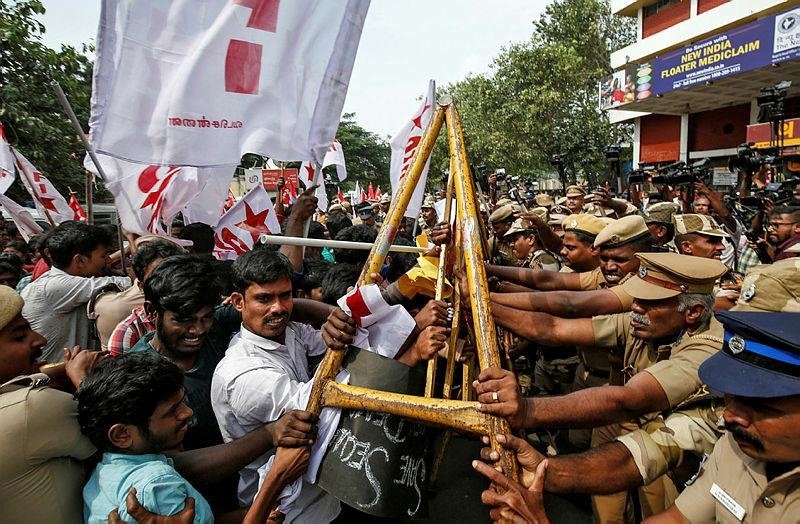
"To exclude Muslims from becoming citizens, even by due process, I think is unfair," he said.
Protests against the law come amid an ongoing crackdown in Muslim-majority Kashmir, the restive Himalayan region stripped of its semi-autonomous status and demoted from a state into a federal territory in August.
The demonstrations also follow a contentious process in Assam meant to weed out foreigners living in the country illegally. Nearly 2 million people were excluded from an official list of citizens, about half Hindu and half Muslim, and have been asked to prove their citizenship or else be considered foreign.
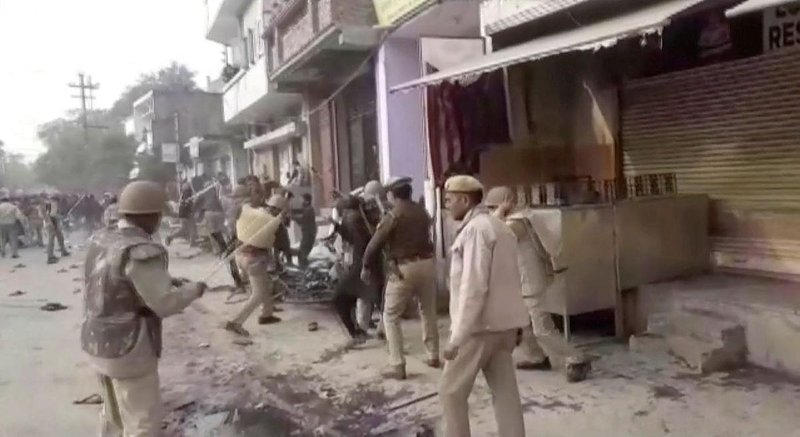
India is building a detention center for some of the tens of thousands of people who the courts are expected to ultimately determine have entered illegally. Modi's interior minister, Amit Shah, has pledged to roll out the process nationwide.